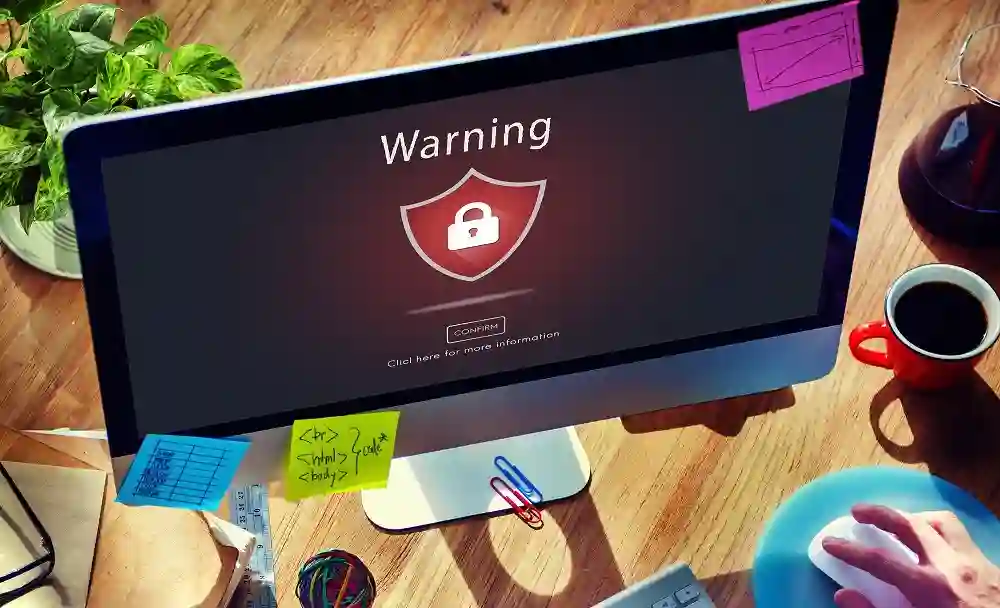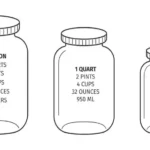Scams are everywhere—from fake investment opportunities and online shopping fraud to romance scams and phishing attacks. Losing money to a scam can be devastating, but don’t lose hope. You can take action. Knowing how to report scam to get your money back fast can significantly improve your chances of recovering your funds and preventing the scammer from targeting others.
Recognize the Scam Immediately
The sooner you identify that you’ve been scammed, the better. Common warning signs include:
- Requests for payment via gift cards, cryptocurrency, or wire transfers
- Unsolicited contact asking for personal or financial information
- Promises of high returns with little or no risk
- Fake websites or customer service agents
If anything feels off, it’s better to act fast.
Gather All Relevant Evidence
Before you report scam to get your money back, collect all the evidence. This includes:
- Screenshots of messages, emails, or chat logs
- Receipts or transaction confirmations
- Bank statements showing the payment
- Any correspondence with the scammer
Having this information ready will speed up the reporting process and strengthen your case.
Contact Your Bank or Payment Provider Immediately
The first step in recovering your money is to contact the institution you used for the payment:
- Credit Card or Debit Card: Call the number on the back of your card and report unauthorized charges. Ask them to reverse the transaction or issue a chargeback.
- Wire Transfer: Contact your bank and ask if they can reverse the transfer or trace the recipient.
- Digital Wallets (e.g., PayPal, Venmo): Use the platform’s dispute system to file a claim.
- Cryptocurrency: If you sent crypto, contact the exchange right away. While it’s harder to reverse, quick action may help in tracing funds.
Report to Government Authorities
If you want to report scam to get your money back fast, government agencies can help investigate and even recover funds in some cases.
United States
- Federal Trade Commission (FTC): Visit reportfraud.ftc.gov to file a complaint.
- Internet Crime Complaint Center (IC3): Managed by the FBI, this site handles online fraud: ic3.gov
United Kingdom
- Action Fraud: Report scams at www.actionfraud.police.uk
Australia
- Scamwatch (ACCC): File a report at scamwatch.gov.au
Other Countries
Search for your country’s consumer protection or cybercrime agency to find the correct reporting channel.
Use Online Recovery Services Cautiously
Several online services claim to help victims report scam to get your money back, especially for crypto and investment fraud. While some are legitimate, many are fake recovery scams. Here’s how to tell the difference:
- Legitimate services never ask for upfront fees
- They have verifiable reviews and business registrations
- They use secure websites (HTTPS)
- They are transparent about their process
Always do your research and read reviews before engaging with any recovery service.
Report the Scam on Review Platforms and Forums
While this step may not directly recover your funds, it can help others avoid the same trap. Share your experience on:
- Trustpilot
- Reddit (e.g., r/scams)
- Better Business Bureau
- Social media
Scammers rely on silence. By speaking up, you reduce their power.
File a Police Report
For larger amounts, or if you feel your identity is at risk, file a report with your local police. A police report may be required by banks or insurance providers to process refunds or fraud claims. Bring all documentation with you.
Stay Vigilant to Prevent Future Scams
After you report scam to get your money back, take steps to prevent future losses:
- Monitor your credit report and bank accounts
- Change your passwords and enable two-factor authentication
- Use scam-detection browser plugins
- Educate yourself about the latest scam trends
Final Thoughts
Falling for a scam is more common than you think, and it doesn’t mean you’re foolish. Scammers are professional manipulators. But by acting quickly and knowing how to report scam to get your money back fast, you improve your chances of recovering lost funds and protecting others. Don’t hesitate—report the scam and take control.







